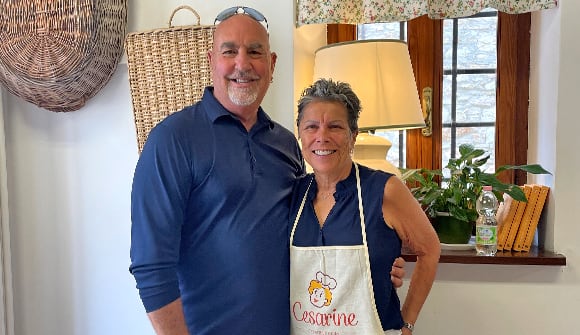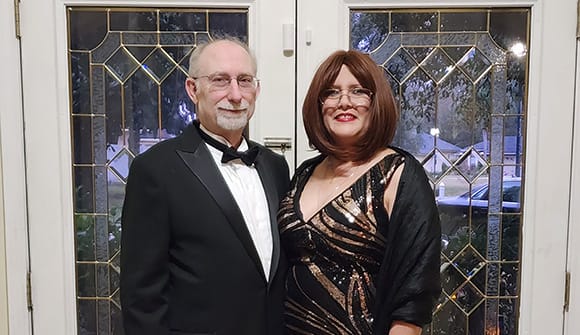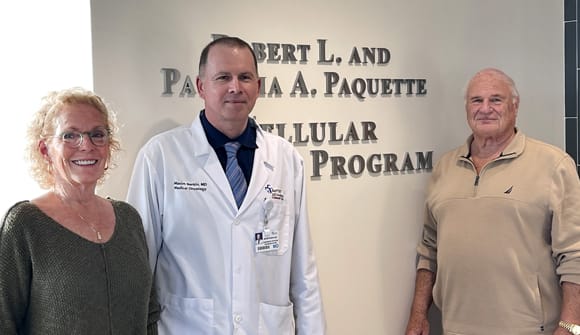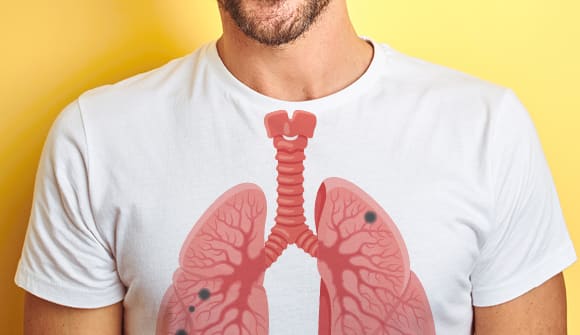A simple screening could save your life
A low-dose CT scan can diagnose lung cancer in minutes.
Article Author: Beth Stambaugh
Article Date:

Guest columnist Juan "Danny" Pulido, MD, is a board-certified pulmonologist who oversees the Intensive Care Unit at Baptist Medical Center Beaches.
-
Juan Pulido, MD
Pulmonologist, Critical Care Specialist
You're probably not shocked to hear that smoking is the top cause of lung cancer. But you may not know that only 4.5% of smokers and former smokers get lung cancer screenings.
Coming from a long line of tobacco farmers, I have seen many family members suffer from chronic lung disease and lung cancer. It's part of what led me to become a pulmonologist. As health care continues to advance, we're seeing more treatment options for lung disease and even more importantly, better ways to detect lung cancer before it's too late.
Early detection is critical
Early detection can literally save your life, but only 16% of patients are diagnosed at an early stage. If lung cancer is caught at stage 1 (before it has spread), the survival rate is close to 90%. Cure rates decrease to 50-60% if detected at stage 2 and go down to 25% at stage 3. Lung cancers detected at stage 4 are not curable, but treatment can often prolong life.
Until recently, screening tests for lung cancer were not very accurate. Chest X-rays were commonly used, but did not detect small tumors or enlarged lymph nodes, which can be signs of cancer.
The solution, recommended by the National Institutes of Health, is a low-dose lung cancer CT screening, which is available at all Baptist Health imaging centers and hospitals. The screening emits low levels of radiation, is noninvasive and only takes about two minutes to complete.
Screening criteria for lung cancer
When you consider that lung cancer is the No. 1 killer among all other cancers combined, getting a quick CT screening makes sense if you're at high risk of lung cancer. The screening is covered by Medicaid, Medicare and many insurance plans for people who meet the following criteria of being long-term, high-risk heavy smokers or former smokers:
- People between 50 and 77 years old.
- Those who have a 20 pack-year history of smoking or more (this means one pack a day for 20 years, two packs a day for 10 years, etc).
- Those who are current smokers or have quit within the last 15 years.
Unfortunately, there's no way to detect lung cancer in its early stages on your own. People don't usually suspect anything is wrong until stage 4, when they may notice chest pain, coughing up blood, wheezing and shortness of breath. If you are experiencing any of these symptoms, see your doctor as soon as possible.
Don't wait to get checked for lung cancer
Baptist Health wants to help former smokers make sure they stay cancer free. If you meet these guidelines or you're concerned about your lung cancer risk, make an appointment for your screening today.
